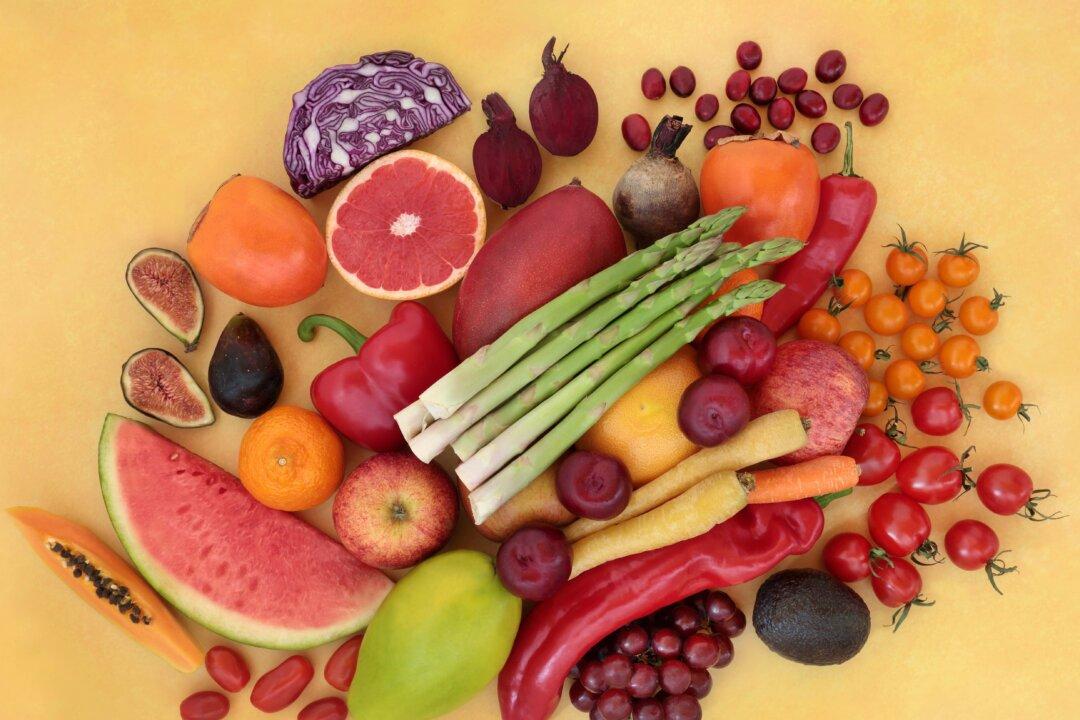Did you know that guava and tomato are just two of the lycopene-rich fruits and vegetables that can protect your brain and reduce your risks for cancer, heart disease, and bone fractures?
Lycopene is the pigment in red fruits and vegetables like pink guava and tomatoes. It is an important nutrient scientists are currently testing in the prevention and suppression of neurodegenerative diseases. Past research has shown lycopene to have antioxidant properties, which are effective in fighting other diseases such as cancer, precursors to heart diseases, and bone conditions.





